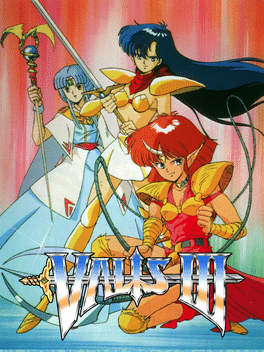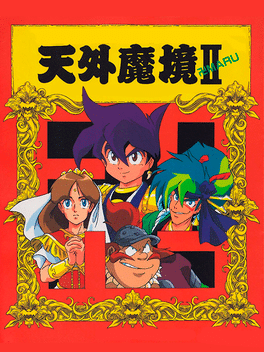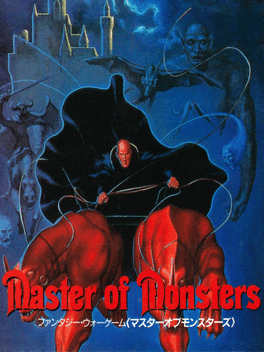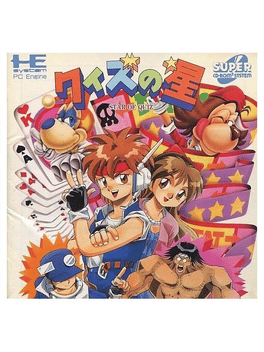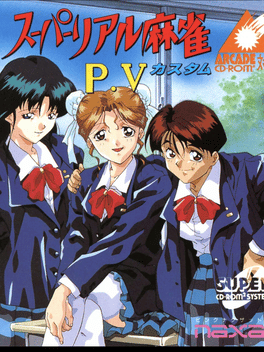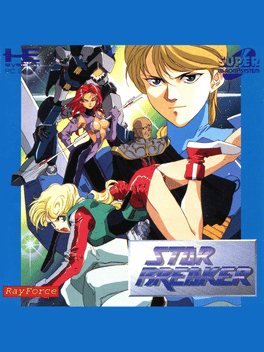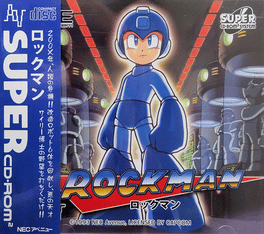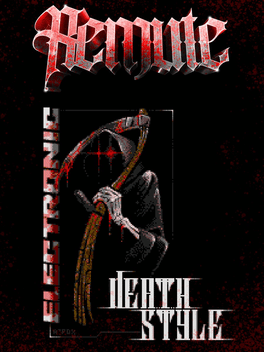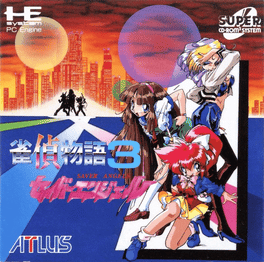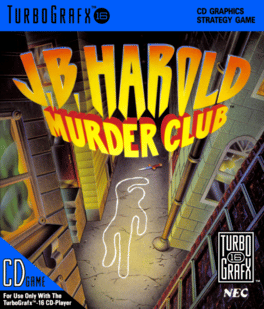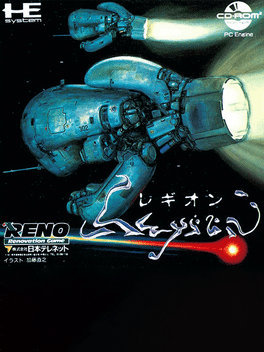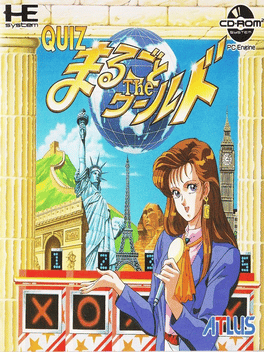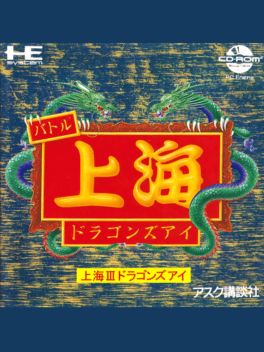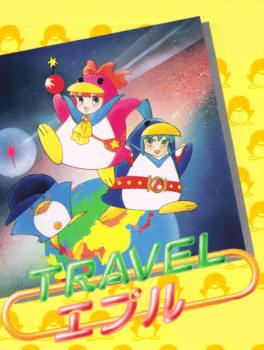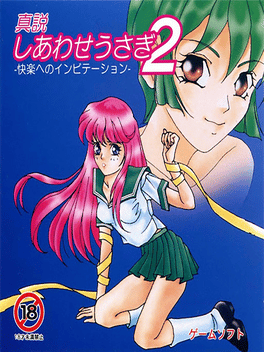Most Popular Turbografx 16 Pc Engine Cd Games
-
Valis III
1990
Valis III
1990
star 7.3After Yuko has defeated the evil Rogles, peace descended upon Earth and the magical world of Vecanti. But a new threat has arisen: an enigmatic man named Glames from the Dark World, possessor of a sword named Leethus, is planning to conquer both Earth and Vecanti, convinced that there is no other way to save his world from imminent destruction. A young girl from the Dark World named Cham escapes from Glames, and asks Yuko to help her stop him with the aid of her Valis sword. Like its predecessors in the series, Valis III is a side-scrolling platform action game. Unlike the previous installments, the player can control three characters in the game: Yuko, Cham (who uses a whip and fights similarly to Castlevania protagonists), and princess Valna from Vecanti, who is weaker physically, but can cast more powerful magic. Each of the characters can equip different weapons and has access to her own magic spells. -
Far East of Eden II: Manji-maru
1992
star 6Tengai Makyou II: Manji Maru is a role-playing video game and the second game in the Tengai Makyou series. -
Master of Monsters
1991
Master of Monsters
1991
Port of "Master of Monsters" for the TurboGrafx-16/PC Engine. Master of Monsters is a turn-based strategy game in which you choose one of five different wizards and fight the other wizards for domination of the land that stands without a ruler after the master wizard's death. You can play in two campaigns against the computer which requires you to defeat the enemy wizards on all maps and allows you to take all units that have survived a battle into the next one. You can also play all maps individually with up two four human players. In battles, you can summon different monsters and cast spells. Which monsters you can summon and which spells you can use depends on which wizard you have chosen. -
Quiz no Hoshi
1992
Quiz no Hoshi
1992
Quiz no Hoshi is a trivia game with several gameplay modes; the main one is called "Heart of Stone" and is a story-driven series of quiz encounters with strategy board game elements. The plot involves a kidnapping of a little girl by the mafia, and the attempts of a boy named Hoshimaru to rescue her, all the while escaping from an impending apocalypse. -
Sangokushi III
1993
-
Super Real Mahjong P.V Custom
1995
Super Real Mahjong P.V Custom was released on March 3, 1995 by Naxat Soft -
Super Real Mahjong PII & PIII Custom
1994
A compilation of Super Real Mahjong PII & Super Real Mahjong PIII for PC Engine. -
Star Breaker
1994
Star Breaker
1994
Star Breaker is a fairly traditional Japanese RPG, with top-down view, world map navigation, random turn-based battles, and all the other usual ingredients. Battles can be set on Auto for quicker pacing. Since the setting of the game is a mixture of sci-fi and medieval fantasy, character use a variety of weapons from swords to guns, as well as special psychic attacks. There are also some space ship combat in the game, and it is possible to upgrade the player's ship later on. -
Mega Man CD: Rock Version
2014
A homebrew port of the NES version of Mega Man/Rockman to the PC-Engine CD, with CD quality music. -
Remute: Electronic Deathstyle
2021
Electronic Deathstyle is a well-balanced collection of 16 brand new songs and remixes for the PC Engine CD/TurboGrafx CD that makes this the perfect companion to this year's previously released PC-Engine/TG-16 and Game Boy albums 'Electronic Lifestyle' and 'Living Electronics'. -
Jantei Monogatari 3: Saver Angels
1993
The events of Saver Angels take place after those described in the previous installment of the series, when peace on Earth has already been restored thanks to the efforts of Divan and Marie. Three cosmic spirits have lost their way in space and have to descend onto Earth, taking corporeal form. They enter the bodies of three young women who died recently: one in a traffic accident, another from disease, and the third one - a ten-year-old girl - after committing suicide. All three were avid mahjong players, and all three are now revived and endowed with mysterious mahjong powers. A special Mahjong Academy opens, and the Saver Angels (as the group begins calling itself) is ready to defeat any aliens and demons in that ancient Chinese game. Saver Angels restores adventure elements that were absent from the previous game, and even enhances them. The player is now able to move in first-person perspective by pointing and clicking on a spot on the screen. Exploring locations, the player triggers scenes, which in turn lea -
Legion
1990
Legion
1990
Legion is a side-scrolling shoot 'em upset in a futuristic world. Players control a fighter pilot tasked with defending a futuristic empire from waves of mechanical enemies. -
Quiz Marugoto The World
1991
Quiz Marugoto The World is a Miscellaneous game, developed by AI and published by Atlus, which was released in Japan in 1991. -
Travel Epuru
1992
-
The Pro Yakyuu Super '94
1994
The Pro Yakyū Super '94 is a follow-up to The Pro Yakyuu Super. With the exception of a new mode, different music, commentary, and slight interface changes, the gameplay is largely identical to that of the previous entry. Rosters of the licensed professional Japanese baseball teams have been updated to the current season. The new mode is called "Home Run Contest"; the player controls a batter against a computer-controlled pitcher, trying to score a home run. -
Shinsetsu Shiawase Usagi 2
1996
The sequel to Shinsetsu Shiawase Usagi features the same characters: the nameless main hero and the two school girls: Yuki and Mary. The gameplay is similar to the previous game, the player being allowed only to make a choice occasionally.
